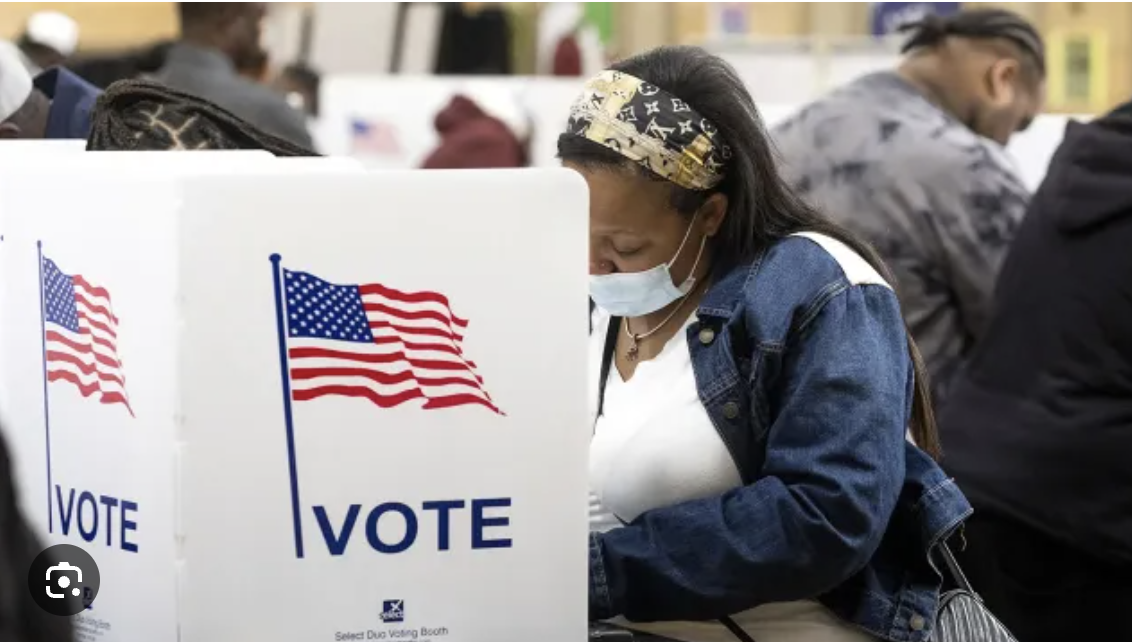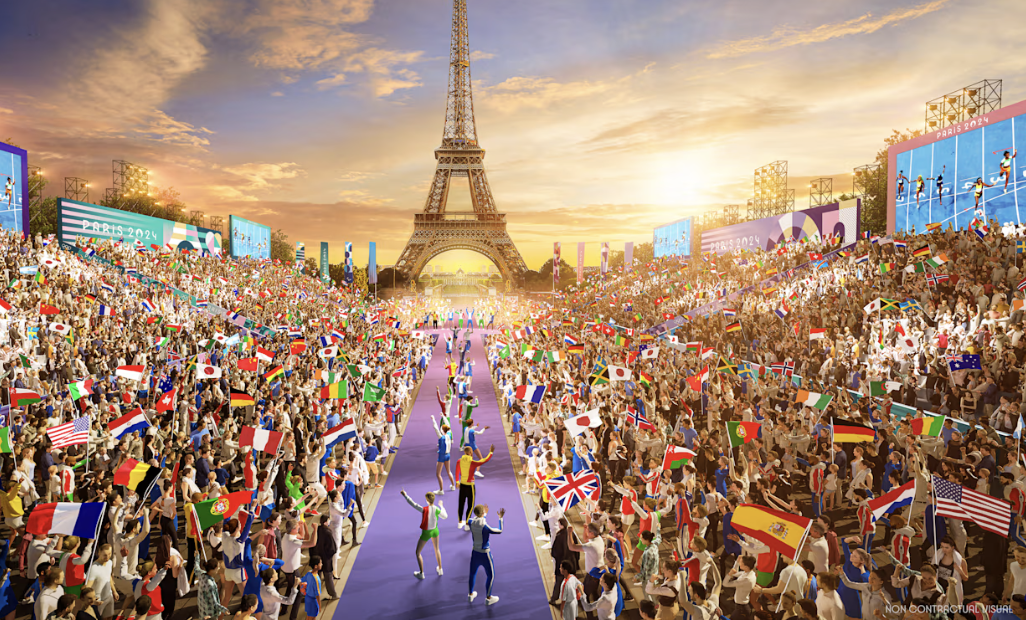
by Matthew Cooke (Verified Human)
There’s an awful lot of talk about AI at the moment. It’s popping up everywhere, like a roomful of Malkoviches. All the major tech companies—and many smaller ones—are touting the ways it will revolutionize your online life as they roll out one AI-related implementation after another, often with results that fall well short of their promised benefits.
Google dropped an “answers” feature into their search results only to pull back on its frequency when it proved repeatedly unable to differentiate satirical content featured on sites like “The Onion” from actual news. OpenAI found itself in legal hot water after it apparently disregarded the wishes of actress Scarlett Johansson, and rolled out a spoken response feature that sounded nearly identical to her voice. Amazon had to shut down its AI-driven “Just Walk Out” tech in all its grocery stores after the limitations of the system were highlighted by the amount of human labor involved in making it work.
There’s a palpable “gold rush” mentality in the air as companies like Nvidia, which creates processing units and interfaces that drive AI functionality, suddenly find themselves among the most valuable companies in the world. The familiar tech culture of “move fast and break things” is running at full throttle, and none of the people in charge seem too concerned about what, exactly, they might break as they heedlessly push forward.
Many industries stand to be affected as the AI rush hurtles forth. Anything related to online content and coding is first in line for disruption, but it’s only the beginning. The entire edifice of disciplines across energy, transportation, education, manufacturing, banking, and many more will undergo massive shifts in how they operate as they ingest and use AI-driven tool features.
The irony of AI and the breadth of its effects on millions of people is that AI itself is nothing but a composite of people-derived input. Large language models that drive the technology are great at synthesizing huge amounts of information, but they can’t actually compose anything unique. They create the illusion of creativity, a simulacrum of original thought devoid of the intuition required for true inspiration.
That’s why OpenAI, Google, and others are working with (or extorting, as the case may be) journalistic entities on licensing deals that use their content to “train” the AI algorithms, so they may eventually get so good at this technological sleight-of-hand as to make the distinction between human and algorithm undetectable. Or at least able to spit out consistently true information.
But, to use an old analogy, they’re not teaching the AI to fish. They’re just pumping more fish into the water to make it easier for the AI to hook fewer water-logged old shoes, and to keep those old shoes from landing on our collective online dinner plate.
Given that reality, what precisely is the point? Why recreate something which already exists? Why are we feeding human-derived thoughts and words into a machine in order to make it better approximate those thoughts and words? Shouldn’t we just use what’s already available? How is the approximation going to improve what we already have?
The answer, of course, is it won’t. It will, however, make it cheaper to produce. Eventually, human-derived creative output won’t even be technically necessary, and the algorithm will simply plagiarize itself, over and over, in perpetuity. The hope (or, for many, the danger) is it will “learn” this way, and at some point in the unknowable future become capable of true imagination. But nothing in the technology necessitates that outcome.
Even if AI is eventually able to perform that magic trick, the only accomplishment is the removal of human beings from the process of participating in the dissemination and proliferation of human thought. We simply let the machines do our thinking for us.
As you might suspect, that could be a problem, and not necessarily the kind that involves sentient robots launching World War III.
Consider AI-generated images, for instance. Often, the algorithms bias toward ingrained cultural attitudes in how they depict diversity and race, reflecting—and indirectly reinforcing—broader biases in society. As humans, we grapple with those kinds of issues and make mistakes to be sure. But they’re our mistakes. The struggle to overcome those biases is a distinctly human task, and it’s hard work. But how will an AI, even one that’s been adequately trained to reliably remove offensive imagery in its output, help us as humans to be more thoughtful and considerate toward each other? The more we offload that responsibility, the less we involve our own agency and the meaning that comes with it.
AI can and will be a hugely useful tool in many respects. It improves all our lives when applied to work that is monotonous or mechanical. But it should never be used as a substitute for human creativity. How does it benefit humanity to divest ourselves of our imagination?
There’s no stopping the AI train. It left the station some time ago, and is hurtling forward to a website, application, or service near you at breakneck speed.
We can, however, declare as humans the words and art we create are the work of actual humans. We can demand the right to keep our human-derived creativity out of the AI algorithms if we so choose. And we can create a wall between human creative output and machine-generated text so other humans aren’t left to guess where one ends and the other begins.
The human experience doesn’t improve when its simulated by a machine. We’re not living in a Sims-like video game. This is real life, with real people. There’s nothing artificial about it.


![[ADVERTISEMENT] BUY REAL ESTATE in SEATTLE](https://seattlepost.org/wp-content/uploads/2024/06/Screenshot-2024-06-12-at-12.07.22-PM.png)

